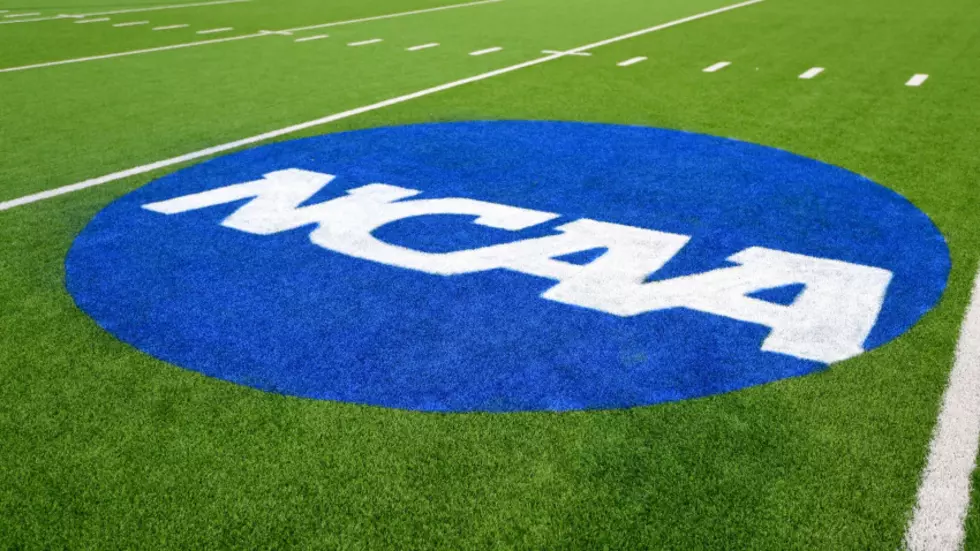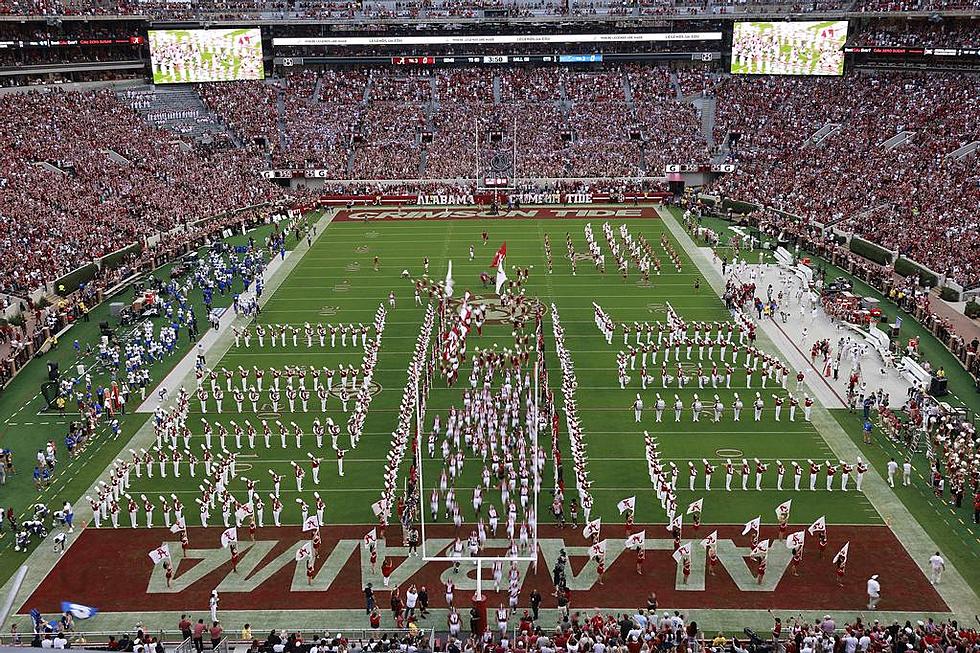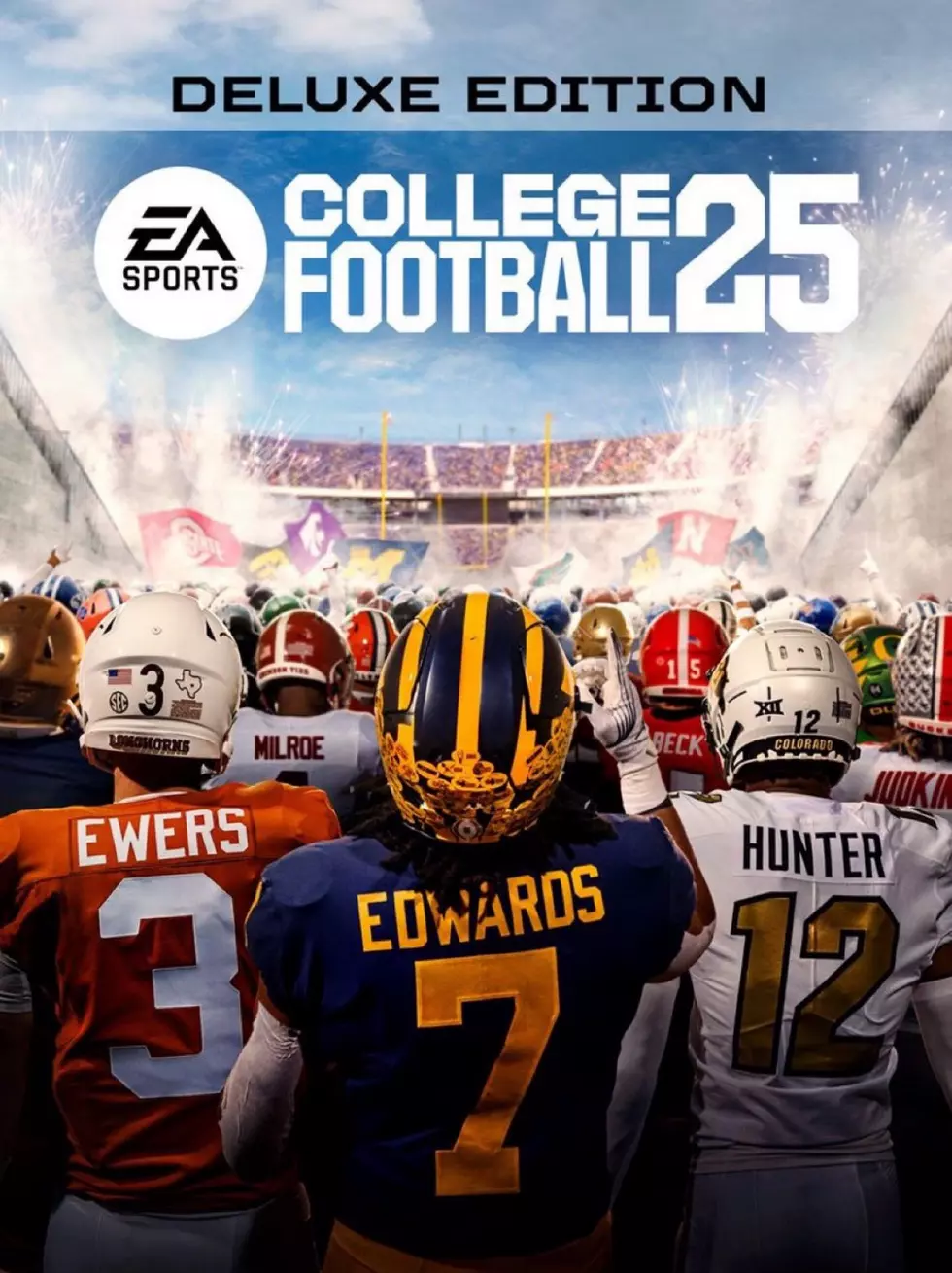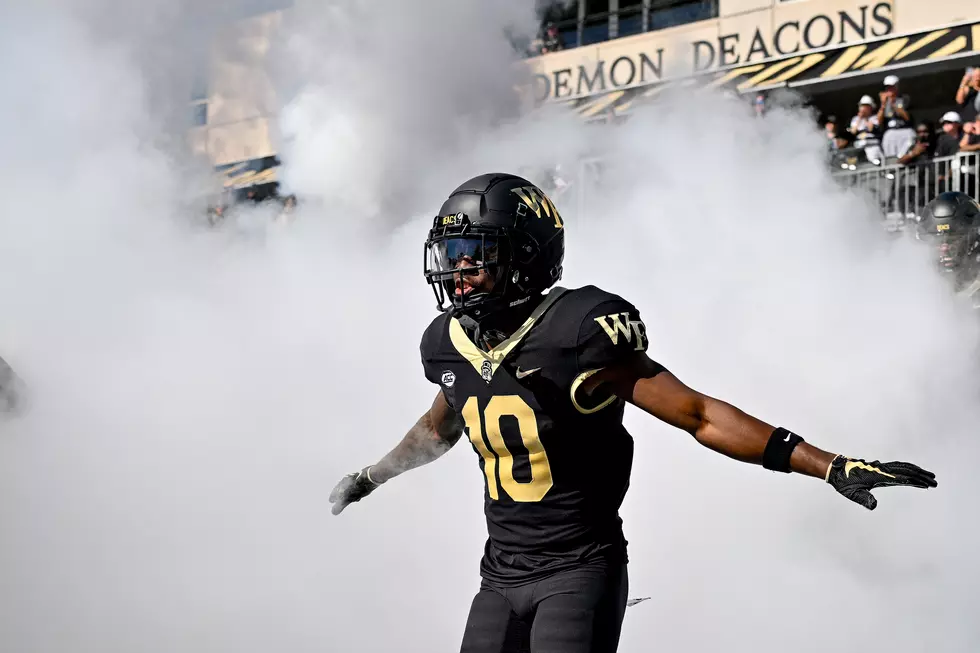
NCAA Announces COVID-19 Testing Guidelines For 2020 Football Season
Today the NCAA and Power Five conferences announced a thorough set of COVID-19 guidelines for the upcoming college football season.
The plans detailed testing requirements, protocols for cancelling games, rules for practice, and response strategies.
"This document lays out the advice of health care professionals as to how to resume college sports if we can achieve an environment where COVID-19 rates are manageable. Today, sadly, the data point in the wrong direction. If there is to be college sports in the fall, we need to get a much better handle on the pandemic," said NCAA president Mark Emmert.
Under these guidelines, players of high risk sports would have to tested at least once a week, within 72 hours of competition. Athletes who test positive would have to isolate for 10 days, and can only return to practice or games after 3 days with no symptoms. Anyone who is determined to have been in "high risk contact" (within 6 feet of COVID positive person for 15 minutes or more) will have to isolate for 14 days.
Non-symptomatic COVID positive athletes will be allowed to exercise, but those with symptoms must wait for 10-14 days (depending on severity), or longer if symptoms persist. Players will have to wear appropriate face coverings at team events and practices, and teams are encouraged to practice outside as much as possible. The athletes are also encouraged to train in units of 5 to 10, in order to avoid "high risk" exposure amongst the whole team. All game officials will also have to be tested weekly due to their close proximity to the players.
As for leagues outside of the Power Five, guidelines may be different, but the fact that they were excluded points to the probability that Power Five teams will not play Group of Five or FCS opponents this year.
Despite the concrete plan now in place, the NCAA is adamant that the fall sports season will be decided by the country's national rates. "Any recommendation on a pathway toward a safe return to sport will depend on the national trajectory of COVID-19 spread," NCAA chief medical officer Brian Hainline said.
Local health standards will have to be followed at all times, and these are minimum guidelines (subject to change), but this unified plan from the NCAA gives some hope that a fall college sports season may happen.

Did You Know You Can Buy THIS Tax-Free in Alabama July 17-19?
More From Tide 100.9









